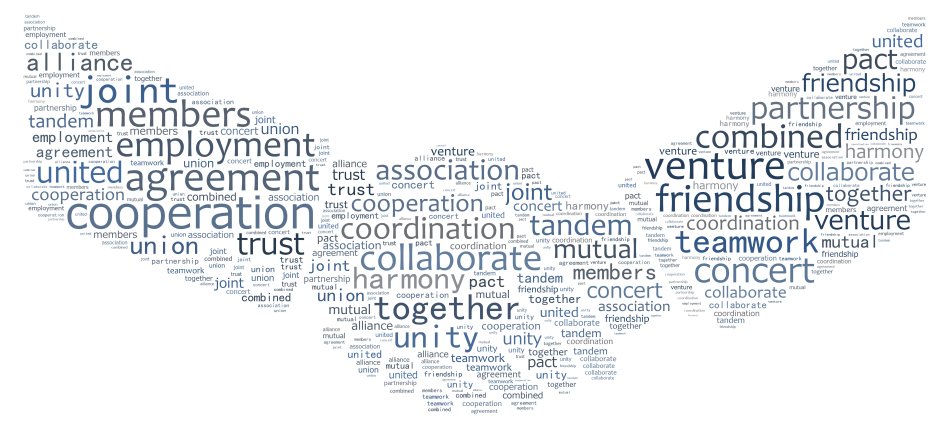Guelph is small as cities go, but it’s growing. And as Guelph grows, the distinction between the City with a capital “C” (for City Hall) and the city with a small “c” (as community) is also growing.
The small “c” city as community is becoming more and more diverse. Diverse in many ways: interests, backgrounds, origins, education, employment, entertainment, and more. Of course, many citizens fall into more than one group. Social media fosters communication, conversation and, of course, concerns. And we give voice to our concerns. Much like any other citizens concerned about their City.
And that’s where “Open Data” and “Open Government” come in: so we all get access to whatever data, City data, we want. Sounds great, but difficult to come to grips with in practice. Everyone sees it differently. Is it about pothole repair or misspent budgets? Is it about access to services or a desire to take a poke at city staff? Is it about loss of privacy and confidentiality or trust?
Trust – now there’s a word to juggle. It gets used a lot. Do citizens trust the “City”? Do City staff trust citizens? Do citizens trust each other? Not much trust about these days – according to some surveys. So what does it mean to have trust in someone or something or some group?
Well, researchers are paid to figure out this sort of thing and not just sit around in arm chairs splitting hairs. Or so I’ve heard.
What does research say about trust? Actually, quite a lot. Much of existing trust research has looked at families; spousal or sibling relationships for instance. Mostly long-term (over years, not weeks), usually between two people. Seldom is the research on trust about work teams. There is some research into our trust in new technologies. Interestingly, some of the issues are not so different. Increasingly, though, we want to know more and what we can do about it. Some of the aspects of trust people want to know about:
- Trust in small diverse teams working in high-risk situations.
- Trust in teams where membership changes over weeks or months rather than years.
- Trust among members of different organizations.
- The relationship between trust, stereotypes and other such ideas.
- How trust is not only gained but also kept or lost – or regained.
- Trust in brands.
- Trust in professions, such as car sales, politicians, lawyers.
- The consequences, organizationally or individually, of distrust.
- How trust can be measured.
Trust is not that complex provided we’re willing to look closely in the mirror. Trust depends on four factors. All four are based on our opinion of the “other” person, organization or technology. How confident are we in our beliefs about the “others” in our lives, and their integrity, competence or capability to follow through? Their intent towards us – good or bad? The risks inherent to the situation? Sometimes it’s debatable into which category some things fall, but one way or another they look something like this:
- Integrity
Has their behavior or attitude been consistent in the past? Are they generally reliable and consistent – for better or for worse? - Competence
How sure are we that they really know what they are doing? Do they have the necessary training, experience or track record? - Intent
Do they mean well towards us? Even if they personally mean well, are their hands tied by some higher organization – corporate, religious, family, or legal? - Risk
In what circumstances are we asked to trust? Are we risking our lives or just the bus fare? Depending on context, we may take a different view of the evidence for competence, integrity or intent that will satisfy our need to trust – should we be so lucky to have a choice.
But what has that all got to do with Open Data and Open Government? The problem is that there are so many diverse and conflicting interests involved: city, business, individual, legal, technical, economic. Long standing ground rules abound – ownership versus transparency of data, confidentiality and privacy, risk of damage to valuable datasets, potential for misuse – intentional or otherwise – and so on. We need to understand how trust can be gained, and then maintained. It’s trite, but probably true, that if we can’t measure it, we can’t manage it.
So, job number one is to measure trust. Can it be done? The short answer is yes. Once measured, then we can work on building trust amongst us.
But that’s a story for another blog.
Bob Webb





